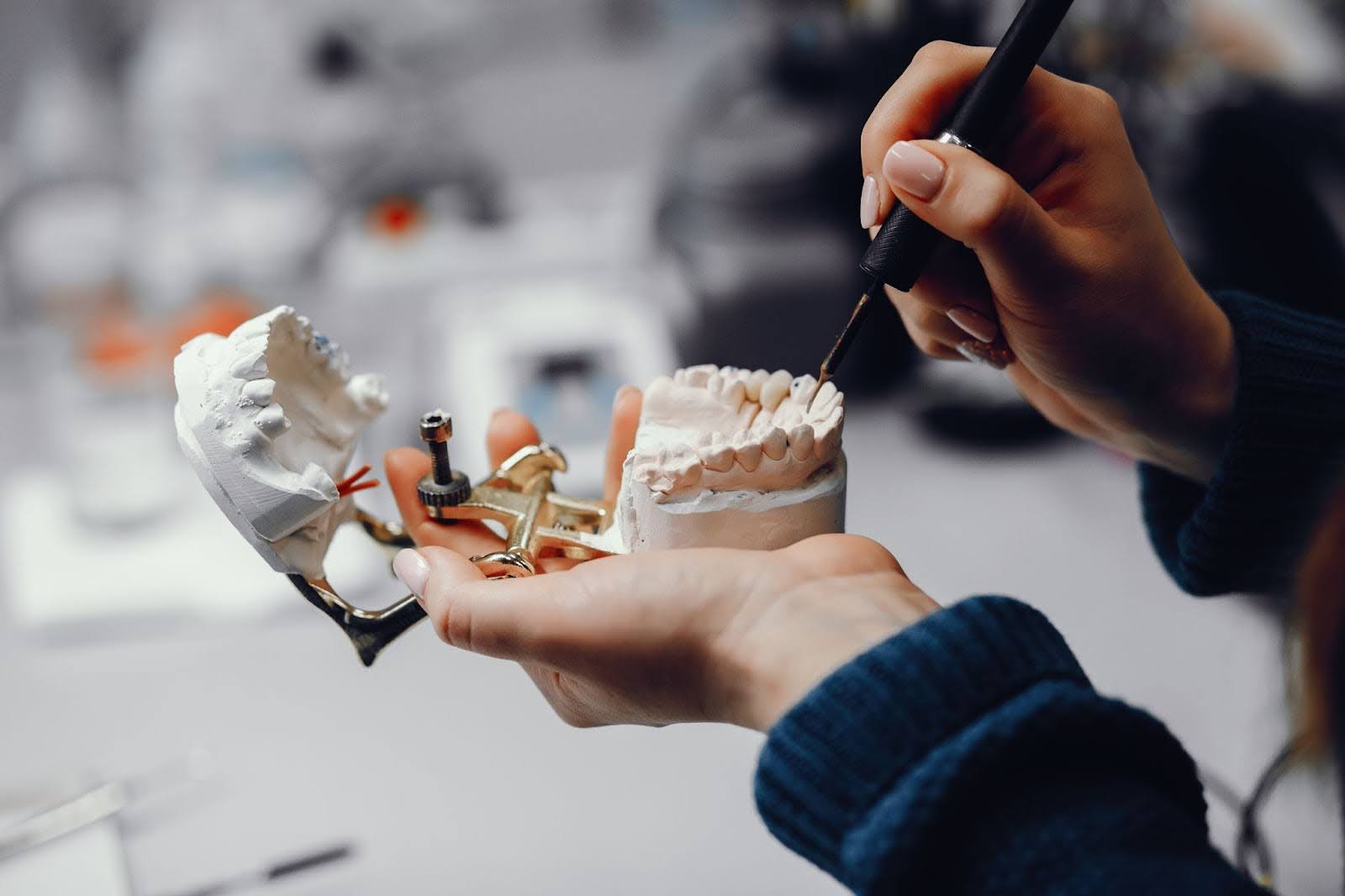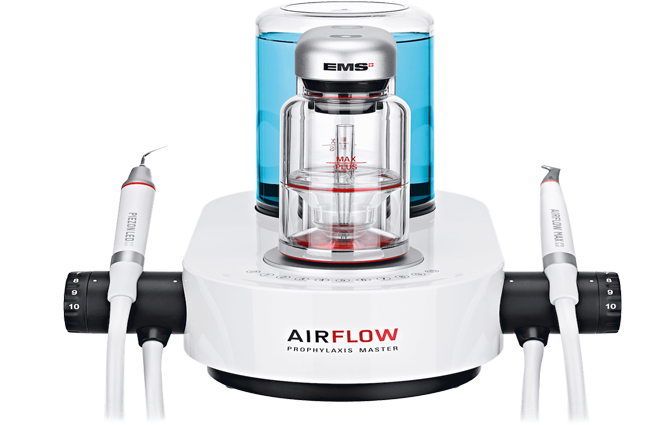Did you know that wisdom teeth removal is among the most common dental procedures in the United States? Every year, approximately 5 million people undergo this procedure. However, despite its prevalence, many patients feel nervous simply because they lack the information they need.
If you’re curious about wisdom teeth—why we have them, when they should be removed, and the key signs to watch for—you’re not alone. That’s why we’ve put together this guide to help you understand the signs and symptoms associated with wisdom teeth extraction. Let us provide clarity, ease your concerns, and answer all your questions.
What is The Right Time for Wisdom Teeth Removal
While pain is often the first sign that brings patients in for wisdom teeth evaluation, there are several other crucial indicators that removal may be necessary.
To determine whether removal is necessary, our dentist near you will conduct a comprehensive examination, including X-rays, to evaluate the position and growth of your wisdom teeth. Factors such as the shape of your mouth and the health of nearby teeth play a significant role in the decision.
The best time for wisdom teeth removal in Flanders, NJ, is typically during young adulthood. At this stage, the teeth and jawbone are still developing, making the extraction process simpler and the recovery quicker. As we age, the jawbone becomes denser, and teeth become more firmly anchored, which can make the procedure more challenging.
7 Reasons Why You Need Wisdom Tooth Extraction
Your wisdom teeth, known as third molars, typically emerge between ages 17-25. While some people can keep their wisdom teeth without issues, many need them removed for several important reasons:
- Damage To Nearby Teeth
Wisdom teeth can put harmful pressure on your second molars, potentially causing damage or decay. As they attempt to emerge, they may push against neighboring teeth, leading to misalignment, infection, or structural damage that requires extensive dental work to repair.
- Sinus Problems:
Wisdom teeth in your upper jaw can sometimes push and rub against your sinuses, causing pressure, headaches, and chronic sinus pain.
- Bad Breath or Taste:
Partially erupted wisdom teeth create a breeding ground for bacteria and food debris. When these third molars don't fully emerge, they form pockets in the gum tissue that trap particles and promote bacterial growth. This leads to halitosis (chronic bad breath) and leaves an ongoing foul taste, as the trapped matter decomposes in these hard-to-clean spaces.
- Risk of Decay:
Your wisdom teeth's position at the far back of your mouth makes thorough cleaning challenging with regular brushing and flossing. The limited access and awkward angles create perfect hiding spots for bacteria and food debris. This significantly increases the risk of tooth decay, cavities, and other dental problems in these third molars as it is harder to access when cleaning your teeth.
- Changes in Bite:
When wisdom teeth emerge, they can exert significant pressure on your existing teeth. This force gradually pushes other teeth forward, disrupting their careful alignment. Over time, this shifting can alter your bite pattern, potentially undoing previous orthodontic work and affecting your smile's appearance.
- Pain and Discomfort:
Impacted wisdom teeth struggling to emerge in limited jaw space create ongoing discomfort. The pressure from these trapped molars radiates through your jaw, causing persistent aching and tenderness. The surrounding teeth and gum tissue also become sore as the wisdom teeth continue pushing against them.
- Preventive Care:
Even if your wisdom teeth aren't causing problems now, our dentist may recommend removing them to prevent future complications. Removing them earlier is often easier when the roots haven't fully developed, and the bone is less dense.
Regular dental check-ups and X-rays help your dentist in Flanders monitor your wisdom teeth and determine if and when removal is necessary. Each patient's situation is unique, and we'll thoroughly evaluate your case to recommend the best treatment plan. Have questions? Give us a call today!





